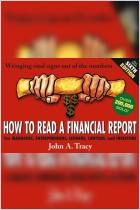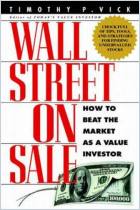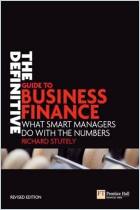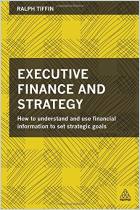
Smart Things to Know About Business Finance
Read or listen offline
Amazon KindleRecommendation
Let’s face it, a lot of people in business had no intention of ending up in business when they were studying in college. Corporate cube-mazes are riddled with liberal arts majors turned middle management. It’s time for many of you non-business majors to admit your secret weakness: You can’t read a financial statement. Now that it’s out in the open, take a deep breath and dive into Ken Langon and Alan Bonham’s business finance primer, which will teach you to mash numbers with the best of ’em, or at least fake it as well as anyone else. All the basics are covered here: earnings, margins, cashflow, liabilities and assets. The book also provides a thorough rundown of other financial ratios that executives, analysts and investors use to measure performance. Don’t let the financial terminology or the slightly British-tilting jargon put you off. getAbstract.com recommends this book to anyone in business who feels that gaps in your financial education have placed you at a disadvantage to your MBA-toting peers.
Summary
About the Authors
Ken Langdon is a consultant and author of books about investing, sales and finance. Alan Bonham is a chartered accountant, consultant and trainer, and co-author of a book about investing.



















Comment on this summary or Начать обсуждение